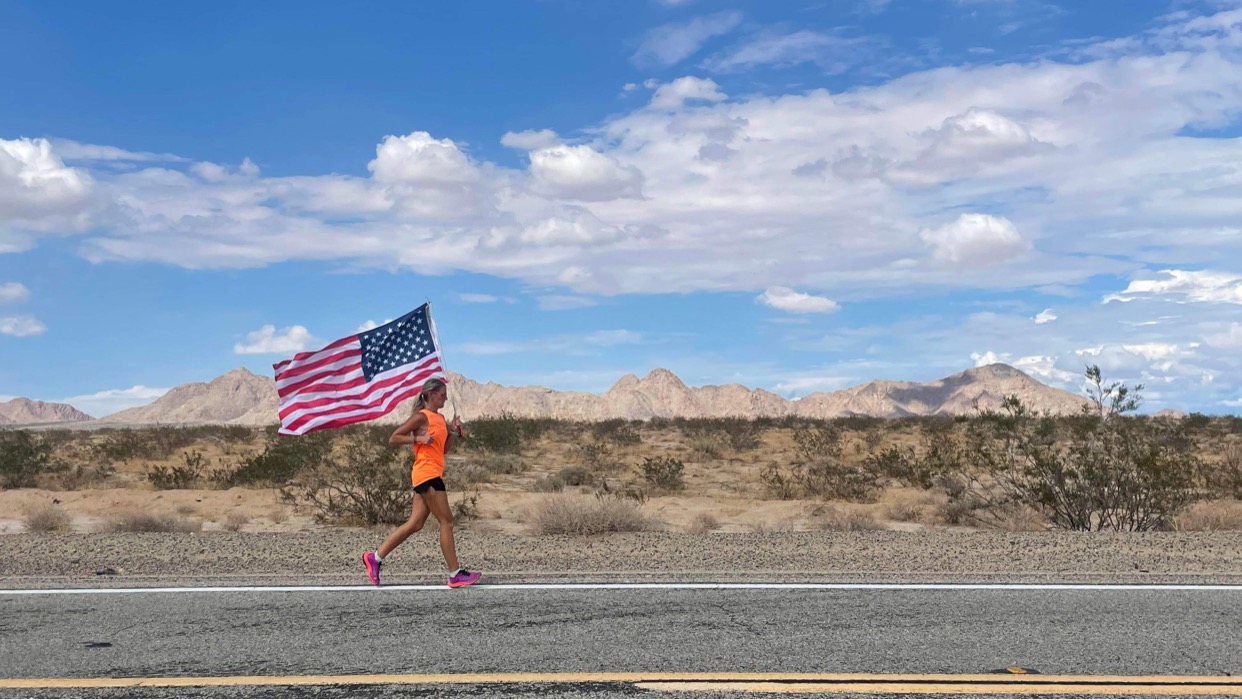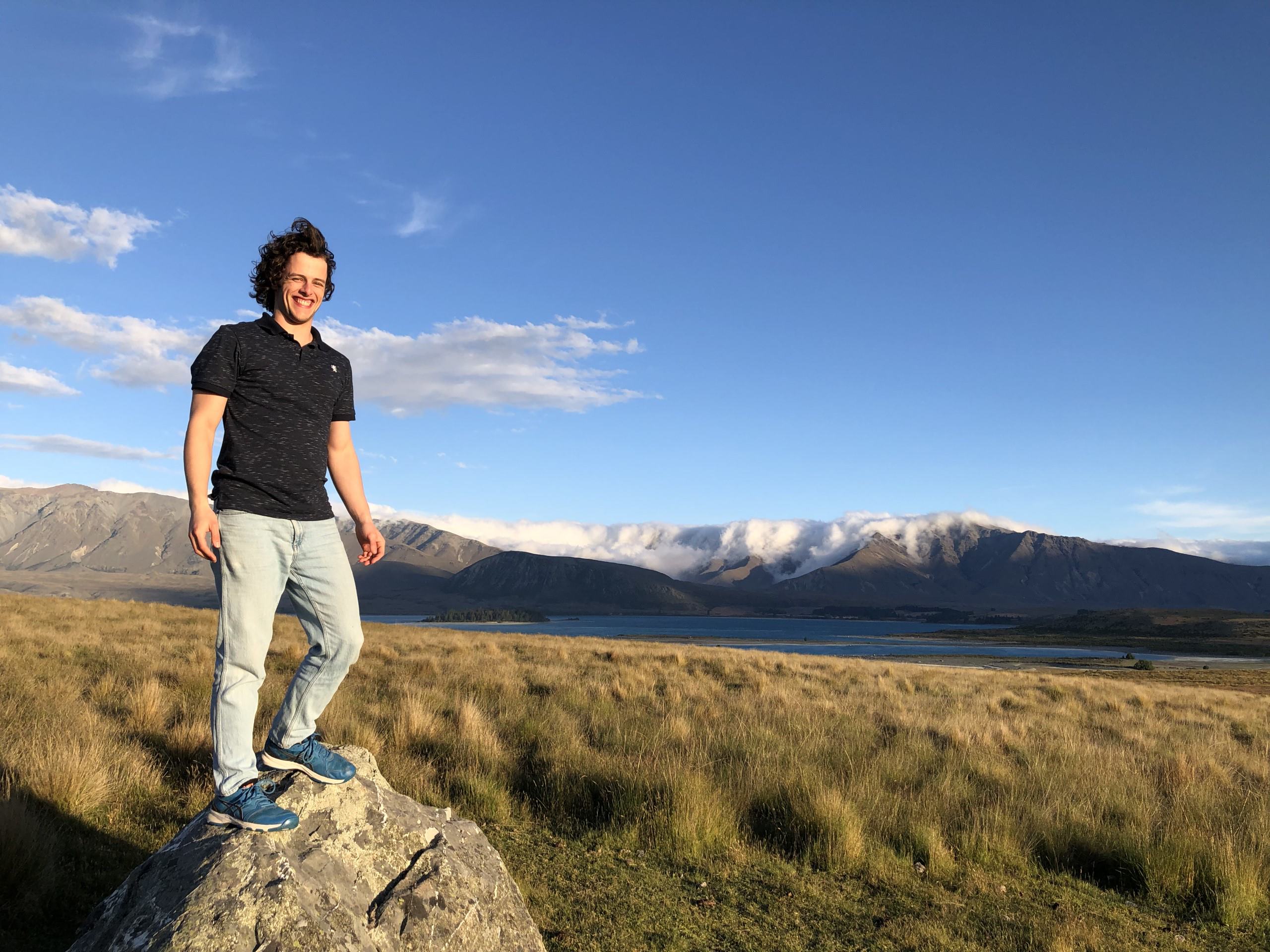
Top 10 Hearing Like Me articles of 2016
December 30, 2016
This is how loud a typical day is
January 3, 2017#DeafTalent: Q&A with Deaf filmmaker, Jules Dameron

If you’re thinking of becoming a film maker or director, even with a hearing loss – this is a great place to start reading!
After following Jules Dameron – a Deaf filmmaker and director who led the #DeafTalent movement – on Twitter, I was very intrigued by her work. Fortunately, gave me this fantastic opportunity to interview her!
Ellie: Hi Jules! First, can you tell us a bit about your hearing loss?
Jules: I have 95 decibels in one ear 85 decibels in another. I don’t currently wear hearing aids so I basically don’t hear anything except loud noises, like screaming in my ear or planes. With the use of hearing aids I can hear much more, but not at the level of hearing people. I can hear that people are talking but it’s just a blur of hearing voices.
Ellie: Does hearing loss run in your family?
Jules: No. None. I am the only deaf member of my family.
Ellie: I hear you went to University? What did you study?
Jules: I went to two universities. First, I attended Gallaudet University and studied television and cinema. Then, I enrolled in University of Southern California, where I studied in the MFA program for film production with a directing track.
Ellie: Was it interesting? It must be a great feeling to follow your passion whilst studying?
Jules: I enjoyed it thoroughly, but it started off rough. I was the only deaf person there. After a while, I made many friends in the film industry. I loved being around brilliant individuals. It made me a better filmmaker for sure.
“I loved being around brilliant individuals. It made me a better filmmaker for sure.”
Ellie: When did you know you wanted to become a filmmaker?
Jules: “When I was 7, I went to a family reunion and my uncle had a video camera. I had never seen one before. I already loved movies so that was the first time I saw how movies were made. Once I understood that, it gave me so much power in the ability to make movies. That same night, I immediately tried to get my family to come together and make a play, with a camera. No one wanted to participate but the idea was like a virus in my head.
Ellie: What’s your biggest life achievement?
Jules: I directed a nation-wide TV series called “Møkkakaffe” in Norway. That was my first time working as a professional director and the first project of mine that was released on air throughout Norway.
Ellie: What’s your favourite part about being a filmmaker? Have you had the opportunity to meet or work with someone you’ve dreamed about working with?”
Jules: I love continuing the analysis of performance and the complexities that are film and humanity. That’s what I love most about my job. I was actually shocked that I had an opportunity to direct Marlee Matlin. I admired her work for a very long time so to get the chance to direct her, in the “Lets Mambo” music video, was very exciting for me. It didn’t end there. After that project, I was able to meet some really amazing individuals. Talented and well-known individuals.
Jules Dameron – Directing Reel [3-28-14] from Jules Dameron on Vimeo.
Ellie: What are your views on #DeafTalent and hearing actors being chosen for D/deaf roles?
Jules: Well, I kind of started that movement. The mentality that “deaf people should only play deaf roles” has been the mentality of the deaf community since the ’90s. I just feel that it’s unethical for a privileged person to play a role that is meant for others. Deaf people already can do the job themselves.
“I just feel that it’s unethical for a privileged person to play a role that is meant for others. Deaf people already can do the job themselves.”
Ellie: What would you like to see in the future in terms of D/deaf people in media/film industry?
Jules: I want to see deaf people as the norm in the industry in all areas. I want them involved in TV shows, movies, awards, not just in our niche groups.
Ellie: What are your favourite films or TV shows that you’ve directed?
Jules: I particularly enjoyed directing a webseries “Reverse Polarity” and the “Different Colors” music video.
Ellie: How accessible is the film industry to work in for D/deaf people?
Jules: Interesting question. Frankly, the film industry is just like all the other industries. Many people don’t realize what to do when there is a deaf person involved. They also don’t realize there are a lot of responsibilities and weight on the deaf person to communicate and advocate for themselves. I find that generally creative types in the industry tend to be very open. Generally, industry professionals who have been around longer are the ones you have to fight harder against.
Ellie: Do you have any future projects you’re working on, or any dream projects?
Jules: I hope to do a feature film soon. That’s my dream project, of course, because I haven’t done a feature film yet.
Ellie: Any advice you’d like to give any aspiring D/deaf filmmakers?
Jules: Going to film school is a great thing to do! It gives you access to a mentality of a group of people from within the industry. That’s a really big game changer for deaf people considering we rarely get the inside scoop.
Ellie: Thanks so much for talking to us, Jules!



